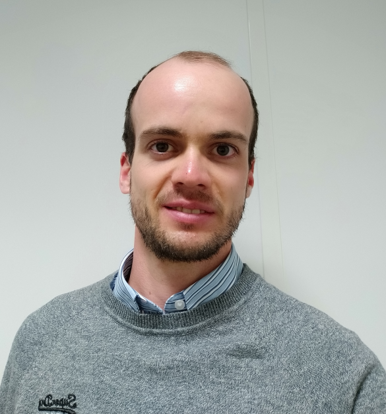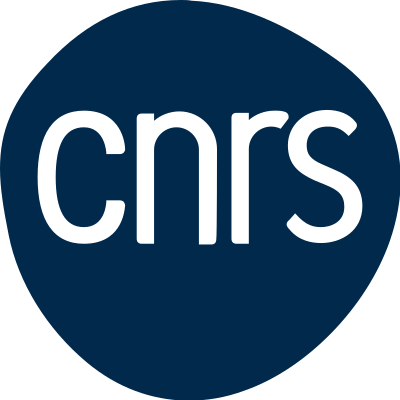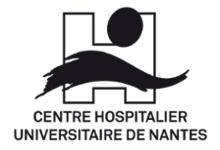Jean-Baptiste DUPONT - Inserm UMR1089 - Nantes
-
Le 21 January 2022Visiofalse false
-
11h30
Preclinical Gene Therapy Discovery Platform based on Pluripotent Stem Cells and Organoids for Patients with Neuromuscular Disorders
Preclinical Gene Therapy Discovery Platform based on Pluripotent Stem Cells and Organoids for Patients with Neuromuscular Disorders
Jean-Baptiste DUPONT, PhD
Chercheur, INSERM UMR 1089 - TaRGeT - Translational Gene Therapy lab, Team ATIP-Avenir
Abstract
Gene therapy using adeno-associated virus (AAV) vectors is a promising therapeutic approach for neuromuscular disorders (NMDs). However, in vivo models of NMDs have shown limitations in their ability to predict therapeutic efficacy and anticipate serious adverse events in patients, as seen in recent clinical trials for spinal muscular atrophy, Duchenne muscular dystrophy or X-linked Myotubular myopathy. In addition, they are often insufficient to fully understand the most subtle disease molecular mechanisms, limiting the discovery of new therapeutic targets. Therefore, the development of new experimental models that are versatile, easy to use, and as close to the patients as possible has become critical to accelerate the discovery of gene therapy vectors with a higher therapeutic index.
Our team was created in 2021 with the aim to initiate a preclinical testing platform for skeletal muscle gene therapy, based on miniaturized 3D cellular constructs called organoids. These structures are derived from human induced pluripotent stem cells (hiPSCs) carrying the mutations of interest and embedded in hydrogels to reproduce the morphological and functional features of the tissue. Our current projects include:
- Optimization of skeletal muscle organoid maturation by implementation of physicochemical cues such as cytokines and growth molecules (agnostically determined), mechanical stretch and electrical stiumlation
- Transduction of hiPSC-derived muscle cells by rAAV vectors in monolayer cultures and in 3D organoids
- Identification of disease initiation mechanisms and new therapeutic targets in the context of DMD, during the in vitro myogenic differentiation of hiPSCs
In the future, these efforts will allow the fast screening of rAAV libraries and the identification of candidate vectors with enhanced transduction efficacy in human skeletal muscles, in full compliance with the 3R rule on animal experimentation.
Biography
Dr. Jean-Baptiste Dupont leads an ATIP-Avenir research group at the TaRGeT lab (INSERM UMR 1089) in Nantes. He defended his PhD in 2015 (University of Nantes, France), after identifying restriction factors reducing the efficacy or rAAV vectors in the context of Duchenne muscular dystrophy. He then moved to the University of Washington (Seattle, USA) for a postdoctoral fellowship where he developed an analysis framework with dedicated metrics based on RNA-Sequencing data and innovative visualization tools, to precisely quantify disease correction after gene therapy in a dog model of X-linked myotubular myopathy. In the meantime, he gained expertise in the differentiation of hiPSCs into the skeletal muscle lineage and its analysis by single-cell RNA-Seq, that he pursued during his second postdoc at the I-Stem institute (Corbeil-Essonnes, France). In 2020, he obtained an ATIP-Avenir grant to start his own research group dedicated to disease modelling with hiPSCs for the development of more efficient and safer rAAV gene therapy vectors.






